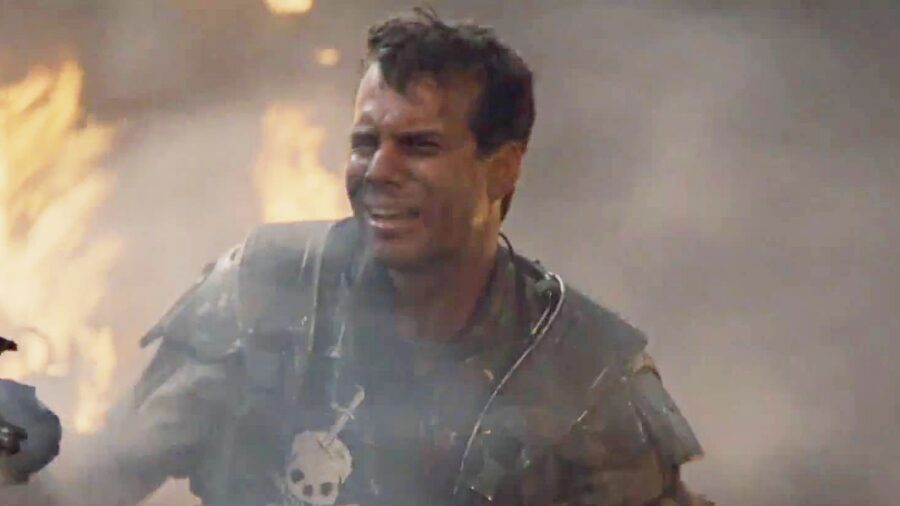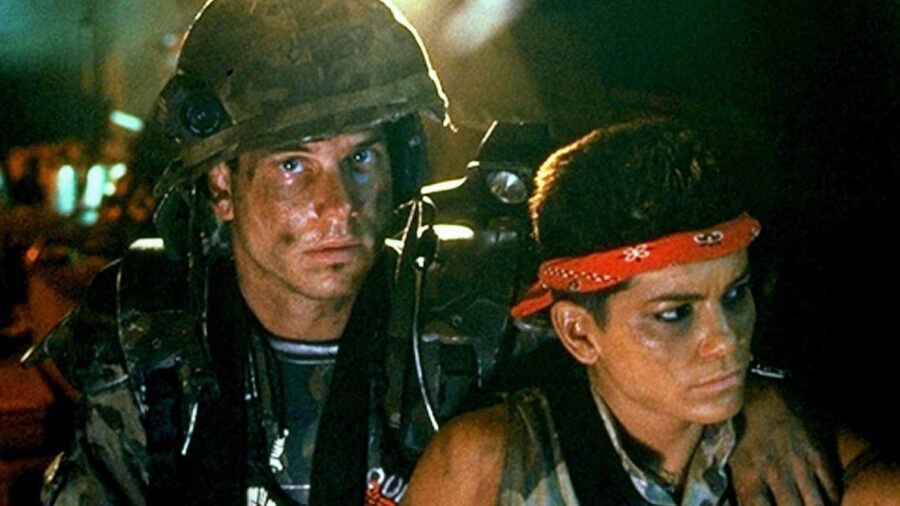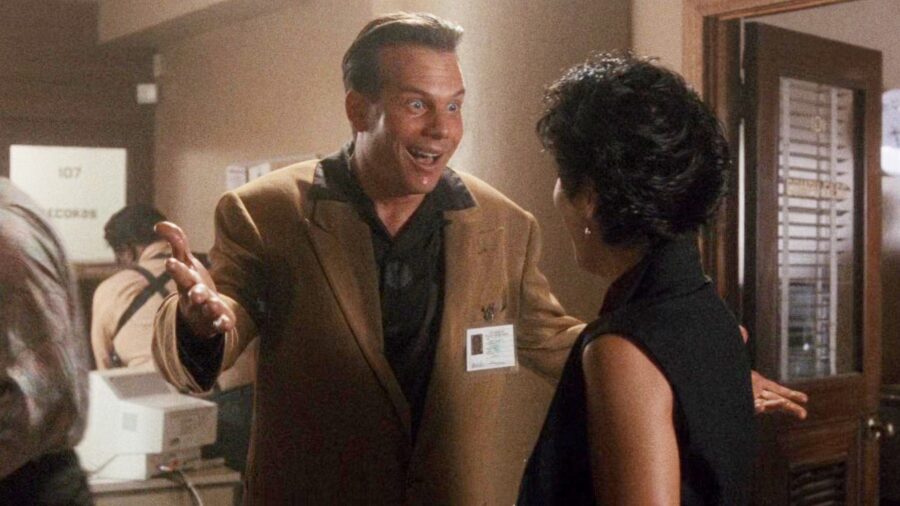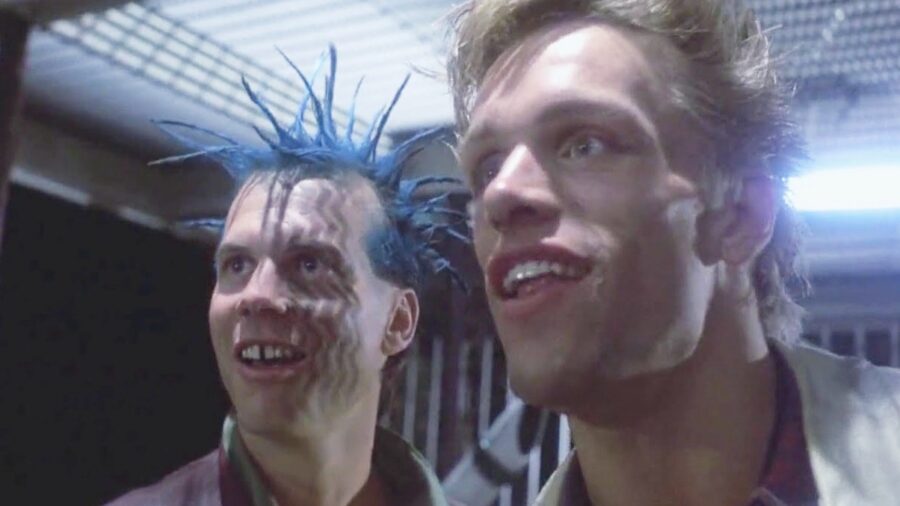Bill Paxton Was Every Sci-Fi Franchise’s Secret Weapon
Bill Paxton's ability to play clowns in serious science fiction made those movies feel somehow more real.

When Bill Paxton died in 2017 at the tragically young age of 61, Hollywood lost one of the greatest character actors to ever work in film, but science fiction lost something even bigger. Perhaps more than any other actor to work in the genre, Bill Paxton was the secret weapon of huge science fiction franchises like Alien, Terminator, and Predator because of one simple trait: he was not afraid to look like a doofus. While a lot of credit has to be given to the Arnold Schwarzeneggers and Sigourney Weavers of the world, Paxton did an incredible, undersung amount of work to make it feel like these science fiction worlds had real people in them.

For example, take what is arguably his signature role, Private First Class William L. Hudson in James Cameron’s 1986 science fiction classic Aliens. No one could possibly argue that Bill Paxton is the hero of the movie: he’s crass, sexist, macho, cowardly, and none too bright. Of all the Colonial Marines sent to planet LV-426 to reestablish contact with a mining colony/be annihilated by Xenomorphs, he is absolutely the one held most in contempt by the actual hero, Ellen Ripley (Weaver).
And yet, Bill Paxton is one of the most memorable parts of the movie exactly because he seems like an actual person. A loudmouth clown, to be sure, but an actual person, unlike the steely void behind the eyes of Corporal Hicks (Michael Biehn, who replaced James Remar at the last minute) or the Dick Dastardly-like greed of Weyland-Yutani Corporation stooge Burke (Paul Reiser). It is precisely because Bill Paxton is willing to play the fool instead of a cool guy or actual action hero that he is the one who pops on the screen and actually seems like a character who has lived a life (a stupid, likely gross one, but a life nevertheless).

Similarly, in 1990’s Predator 2, Bill Paxton plays Detective Jerry Lambert, a Los Angeles detective with a reputation for being something of a maverick and a fashion sense tilted somewhere between “1940s private eye” and “beach clown.” His character makes bad jokes, tries to hit on every woman in sight, and is held at an arm’s length by his own department, which blames his attitude for getting his partner killed. Much like Hudson, it is the fact that he is just an unrepentant goof that makes the movie have some sense of being set in a world with people with personalities, even if they are tiresome ones.

The same goes for Bill Paxton’s briefly seen (and dispatched) punk in the original The Terminator, who easily and instantly makes the all-time great list of bizarre film street thugs with his neon blue hair and inexplicable tire track on his face. The same goes for the Spy Kids franchise, his jerk of an older brother in Weird Science, the gruff and smug drill sergeant in Edge of Tomorrow who grows into more of a buffoon with every Tom Cruise resurrection, and even, leaping across genre lines, his psychotic redneck vampire in Kathryn Bigelow’s Near Dark.
Bill Paxton was absolutely capable of nuanced, sensitive performances in his career; just watch Sam Raimi’s 1998 neo-noir A Simple Plan to see him at his most restrained and devastating. His choice to play all these characters as big and dumb as they are is absolutely a specific decision that he made that somehow managed to bring some realism to high-concept movies. In a strange kind of alchemy, Bill Paxton’s ability to play buffoons, jerks, and bizarre caricatures to the rafters made all these science fiction franchises feel more real for containing people like him in them.










